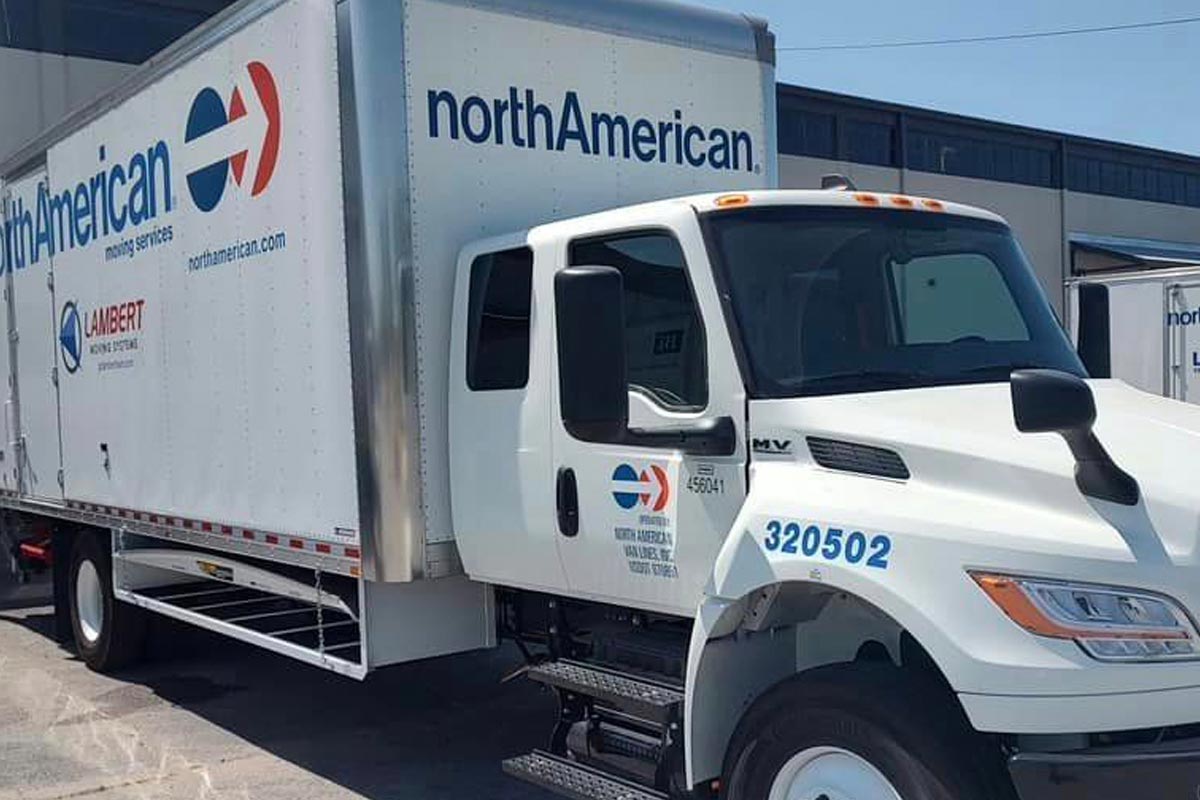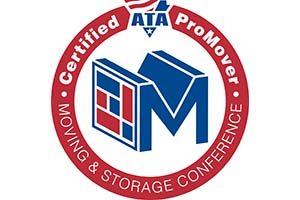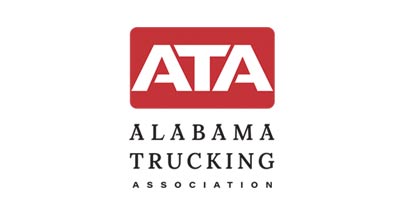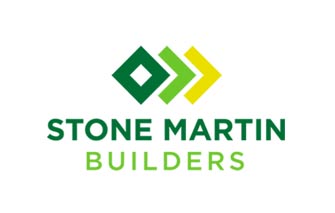
Do You Know How to Hire the Right Relocation Team?
Choosing the right moving company can be hard work.
When it comes to moving, there are plenty of dos and don’ts. We have mentioned these before, but we also want to give you a short, concise guide that can make your move successful and as easy as possible.
At Lambert Moving Systems, we know moving is stressful enough without being faced with surprises, but because a lot of us fail to do the right homework, that is what we face.
Before your move begins, sit down with a legal pad and plan everything out on paper. There is something about pen, pencil, and paper that will help you draw up a good plan. Then, you can put it all into a Word document and print it out.
Know that when you create your plan, it will change some.
Dates and times must match the availability of your relocation team. You also will need to know facts off the top of your head because you will be asked a multitude of questions. Where is the location of your new home? How much square footage do you have in your current home, and how much is your new home or apartment? Have a date in mind, along with a backup date. Always give your mover plenty of time: two months ahead is not too long in advance.
Below are some suggestions to consider before your move.
(Editor’s note: Some were edited from Moving.com.)
Watch Out for Red Flags From the beginning, be sure to keep your eyes open for anything suspicious. For example, reputable moving companies will not ask for a cash deposit. If your mover wants money upfront, find another mover.
Make a note of how professional or unprofessional your mover is. If they show up late, seem unsure of their abilities, or can’t answer your questions, look for another company. Be wary of movers who do not own a moving van. A professional company will own its own equipment!
Always Get Referrals Begin your quest by getting at least three free moving quotes. Ask family, friends, and coworkers who they have used in the past and if they can recommend a moving company. If you have just purchased your home, real estate agents have a wealth of knowledge. Yours could steer you in the right direction.
- Make Sure the Mover Is Licensed and Insured It goes unsaid that you want to make sure your moving company is licensed and insured. The U.S. Department of Transportation Federal Motor Carrier Safety Administration issues a U.S. DOT number to licensed interstate movers.
If you’re moving out of state, verify the moving company’s license through the FMCSA’s protectyourmove.gov site and request the company’s U.S. DOT number; you’ll need it if you have to file a claim against the company later. If your move is in the state, check with your local consumer affairs agency. You can find a list of local agencies through the FMCSA’s contacts database.
- Check With the Better Business Bureau (BBB). In doing your research, check every moving company’s track record with the Better Business Bureau, which you can do free online. Stick with moving companies that are BBB accredited or at least have a good rating. If the moving company isn’t listed with the BBB, consider looking for one that is.
- Verify the Address This may seem like a small thing, but it could uncover huge problems. Make sure the moving company’s address is listed and registered under the company name. Be wary of any address listed under a residential name.
- Know your packing costs. If you decide to have the movers pack your belongings, ask what the additional cost will be. Again, you want to be sure, the mover/packer is insured and has a printed statement about their responsibility. Most packers are careful, but you want to avoid the chance of getting someone who tosses whatever they can into a box and then seals it up with little regard for breakage. This is where packing costs can add up. You may want to consider packing yourself or asking friends to help.
Calling a potential moving companies
Calling a potential moving provider is convenient, but you may not have the approximate quote you need. A phone estimate typically involves three steps:
Information gathering: The company’s representative will ask what your starting and ending destination is. They will also ask about the size of your home, the number of rooms, the types of items and furniture you have, the distance of your move, and any special requirements or considerations, such as stairs or elevators.
Estimation and quote: The moving company will provide an estimated cost based on the information provided. This estimate typically includes charges for services such as packing, loading, transportation, unloading and any add-ons discussed during the phone call.
Better to have an in-home estimate
An in-home assessment (or video call) is the best way to get an accurate estimate, and many moving companies will only provide binding quotes upon a thorough inspection of your inventory. The process looks like this:
The representative will evaluate the volume of your belongings and assess challenges such as stairs, elevators, narrow doorways, and parking restrictions. They may also open closets and inspect storage spaces, such as your garage, basement, or outdoor shed.
- Beware of extra/hidden fees. Make sure to ask your mover about any additional fees that may apply to your situation. Those could include negotiating stairs, elevators, moving in a high-traffic area, or on a street too narrow for a moving truck. Surcharges like these should be discussed in advance.
- Never sign a blank moving contract. A blank contract is trouble. Don’t sign it! Get everything in writing. Read your contract and make sure all your belongings are listed in the moving inventory. Take photos of your items and note the condition of large pieces of furniture that could be difficult to move. Remember, you can’t file a claim for something that doesn’t appear on the inventory list.
- Remember there are two types of estimates (binding or nonbinding): The estimate should clearly state whether it is binding — providing a fixed cost — or nonbinding — subject to potential adjustments based on the actual services provided.
- An itemized breakdown of costs: Your estimate should include a detailed breakdown of all costs associated with the move, such as packing, transportation, labor, and additional services.
- Explanation of insurance coverage: Any insurance or contents coverage provided during the move should be clearly stated, and the level of protection for your belongings should be detailed.
- Cancellation policy: The mover will specify the terms and conditions related to cancellation, including any associated fees or penalties, in the estimate.
- Don’t delay in reporting any problems. Report problems with your move immediately! While you should have several months to report any problem to the moving company and file a moving complaint, the sooner, the better. Always be familiar with what your company’s contract states.
Then, your mover has at least 30 days to acknowledge receipt of your claim. Within 120 days of receiving it, the mover must deny your claim or make an offer to pay. Since time moves quickly, be sure to open every box on a moving day and see if there’s any damage. That way, you can note any problem before signing the invoice.
Moving is Our Business!
When you choose Lambert Moving Systems, you are choosing a company that values integrity, professionalism, and the utmost care for your belongings. From packing and loading to transportation and unloading, our dedicated team will handle every step of the process with utmost care and precision.
Are you ready to find the right moving company to handle your move, check with Lambert. Our relocation companies are licensed and insured, so you know that your move is in good hands!







